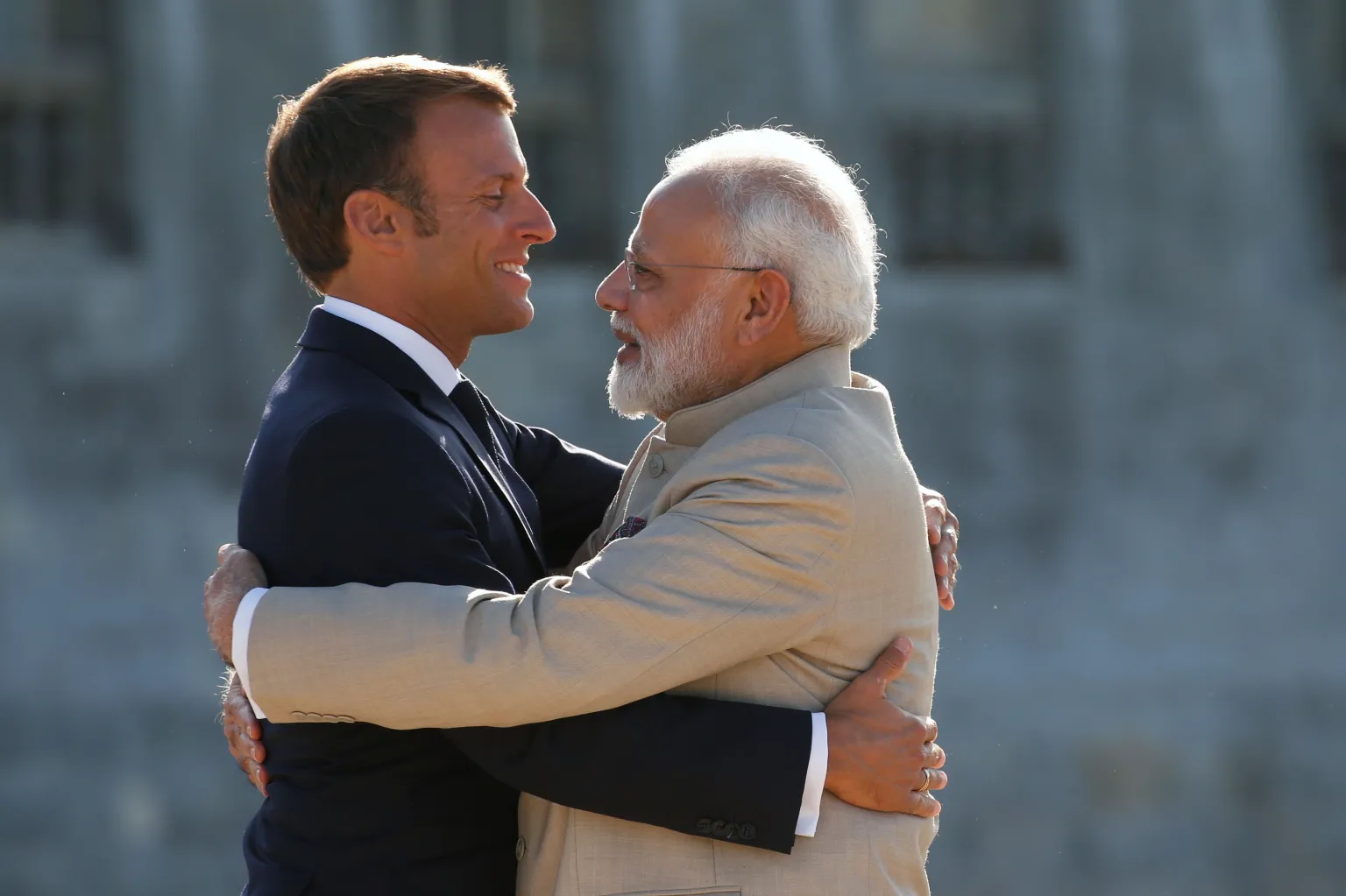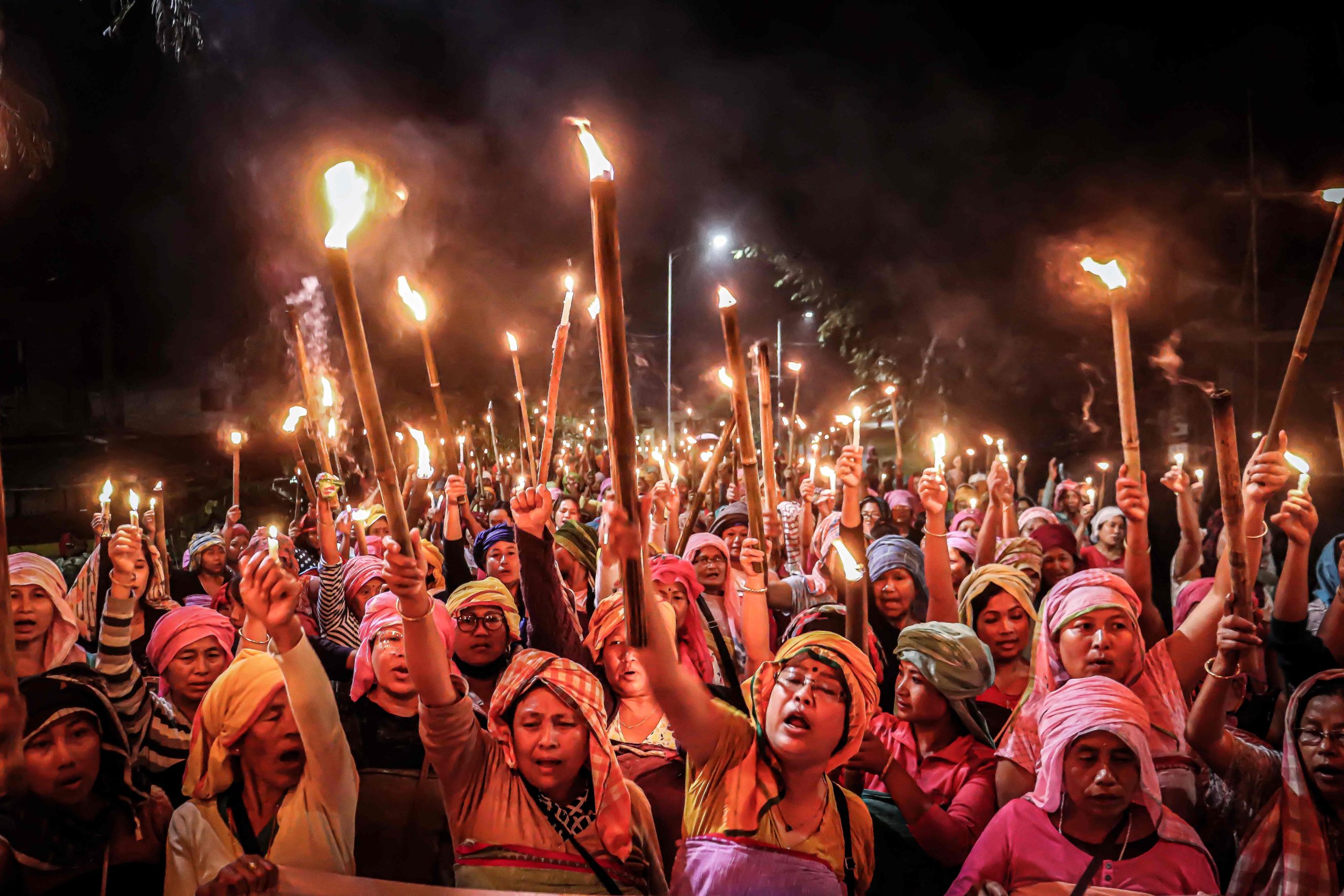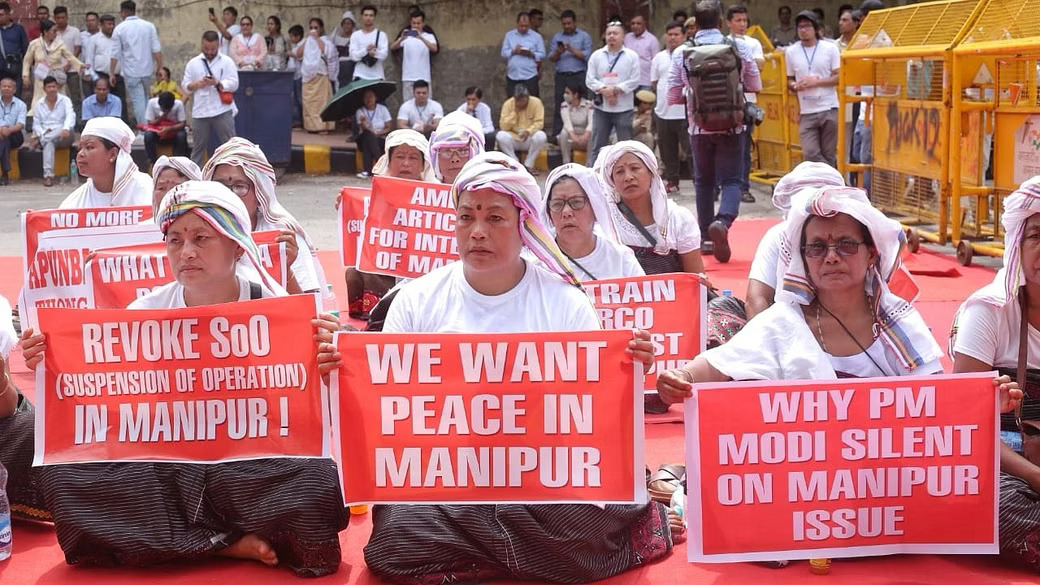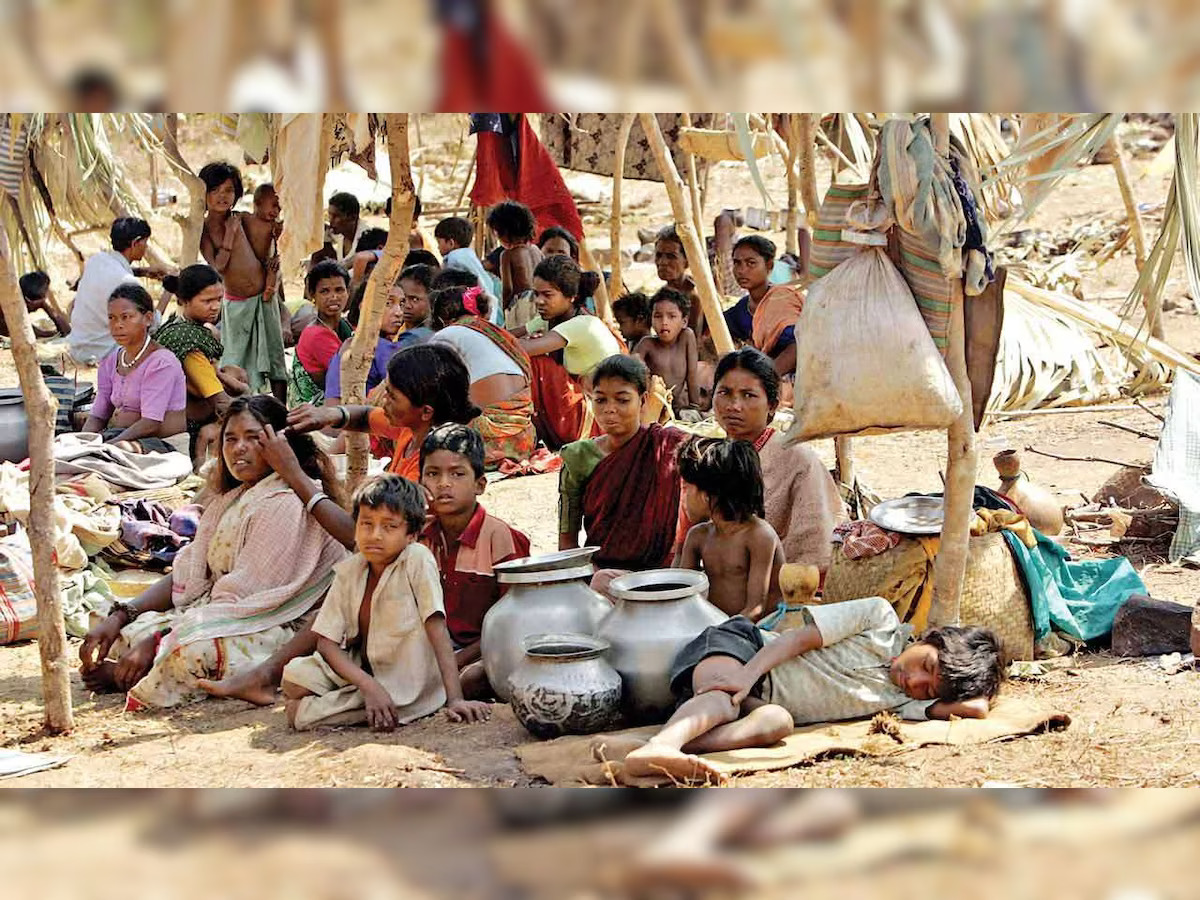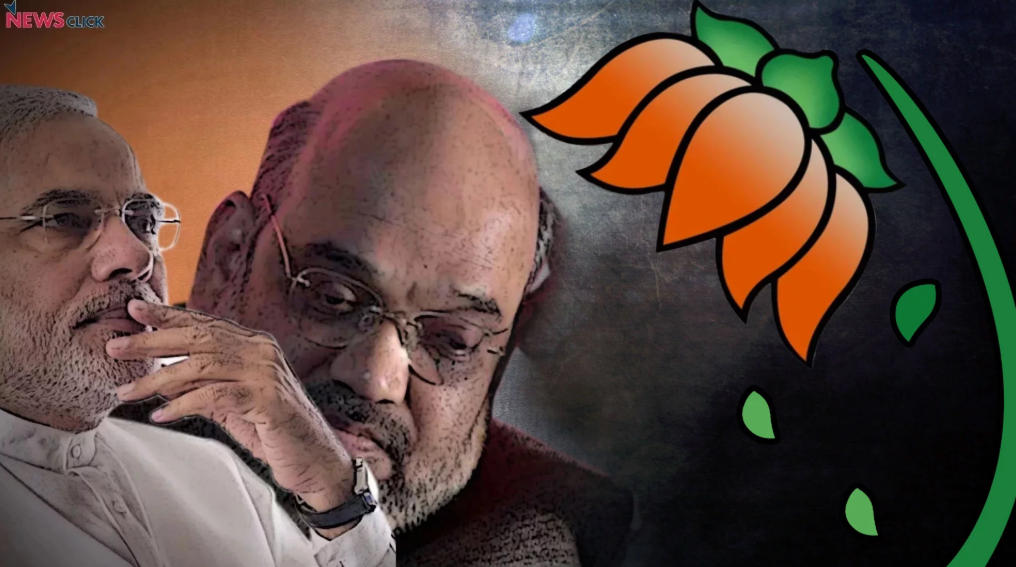Many of PM Modi’s critics have voiced worries about what they see as an authoritarian tendency in his style of governance. They contend that at times, his government has taken measures to repress dissent and restrict freedom of speech. A few measures have also been the subject of controversy, including how the government handles social and religious concerns.
Regardless of the totalitarian approach and extreme Hindu right-wing ideology of PM Modi, France, like other nations, maintains diplomatic relations with his government. Normally, countries cooperate with one another due to their geopolitical factors, economic links, and common goals. Diplomatic relations are frequently influenced by a variety of complicated elements and are not always entirely determined by a leader’s personal history or ideology.
The sovereign arena of strategy and security, where the state’s participation is larger than in the economy, is where Franco-Indian ties are driven. Both nations use the ‘democratic ideals’ they ostensibly share to defend their proximity as being in their own interests. The latest political changes in India, however, fully refute this.
In one crucial area—bilateral trade in goods—India’s economic relationship with France differs from that of other comparable nations. While Germany and the Netherlands saw substantial quantities last year ($25 billion and $17 billion, respectively), France’s total, excluding military purchases, was just a little over $12 billion. With a few notable outliers like Capgemini, a technology services and consulting company with 350,000 employees, French firms are less well-established in India than those from other European nations. However, France comes in at number eleven among foreign investors in India, followed by the Netherlands at number four and Germany—a country known for its commercial might—at number nine, with 200 Indians having invested there. Similar to how Germany, which had 34,000 students in 2022, is well ahead of France in terms of the number of Indian students enrolled there (about 10,000).
What, therefore, are France’s actual short- and long-term interests tied to India?
Geopolitically, India has been a key ally of France ever since Jacques Chirac’s historic presidential visit there in January 1998. At the time, India lacked a strong central government and was just weeks away from electing Atal Bihari Vajpayee, the first Hindu nationalist prime minister to lead the Bharatiya Janata Party (BJP). Soon after, the world community strongly denounced his government’s nuclear testing (India has never ratified the Non-Proliferation Treaty), but France did not. Sanctions were applied by the US, Japan, Germany, the UK, and many other nations, but France showed mercy, which India still recalls.
Due to China’s ascent, especially as shown in the form of a new sort of influence in the Indian Ocean, this 25-year-old strategic cooperation has gained more significance today. Countries in the area, like Sri Lanka, that have financed significant projects with loans from Chinese lenders now feel their sovereignty has been compromised. France is concerned about this expansionism since it is a resident power in the Indian Ocean, where a large portion of its exclusive economic zone (EEZ) is situated due to its overseas territories. And to a greater extent, New Delhi is as well, as it is starting to feel ringed by China’s influence in Pakistan, Myanmar, Nepal, and Bangladesh. These shared regional interests help to explain India’s inclusion in France’s Indo-Pacific policy, which was initially unveiled by Emmanuel Macron in a speech in Sydney in May 2018 and referred to China’s regional strategy as a “gamechanger.”
As indicated by the trilateral discussions France and India have conducted with Australia and the United Arab Emirates (UAE), India is portrayed in all official pronouncements on the issue as France’s most important regional ally. Due to its wide maritime footprint, the Indian government has also assisted Paris in obtaining participation in multilateral (or “minilateral”) organisations, such as the Indian Ocean Rim Association (IORA), which it joined in 2020. The first of them, Varuna, has been an annual event since 2001; the aircraft carrier Clémenceau participated in it in 2021. As a result, there have been bilateral military exercises.
It is important to understand how the French government views India as its preferred partner in the Indian Ocean, particularly in light of China’s intrusions. Academic One of those who started this discussion in the context of American ties with India is Ashley Tellis. Because the US lacks the resources or will to take on Beijing, he claims that Washington, where Narendra Modi paid a state visit in June, “has made an enormous bet” on India.
Three facts serve as evidence for this opinion. The economy of India, which is strongly dependent on China, its biggest trading partner, is significantly weaker than China’s. In order to avoid starting wars in which India would lose, New Delhi prefers not to respond to China’s territorial incursion in the Himalayas, which is evident in satellite photographs. Third, China and India are still working together through BRICS (Brazil, Russia, India, China, and South Africa) to remove Western powers from their positions of authority inside the UN system, primarily because both countries disagree with the West’s interpretation of the liberal international order.
